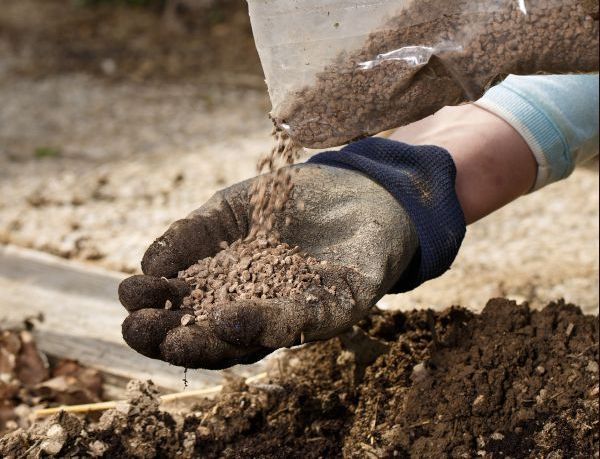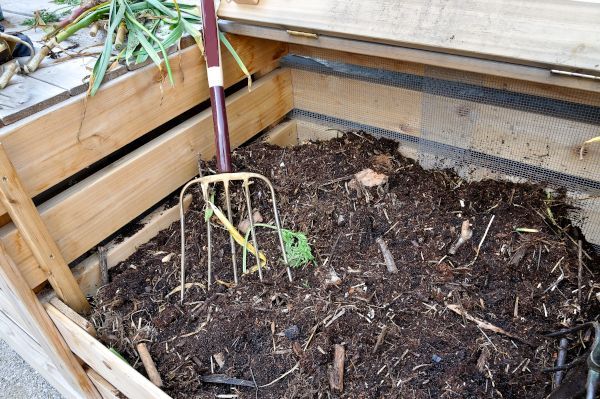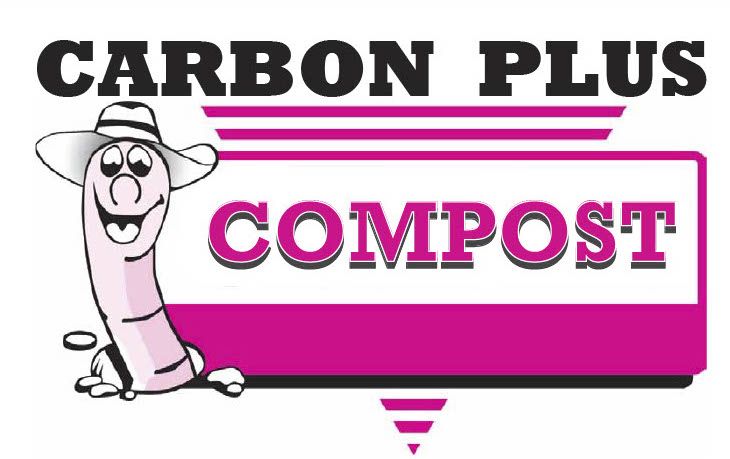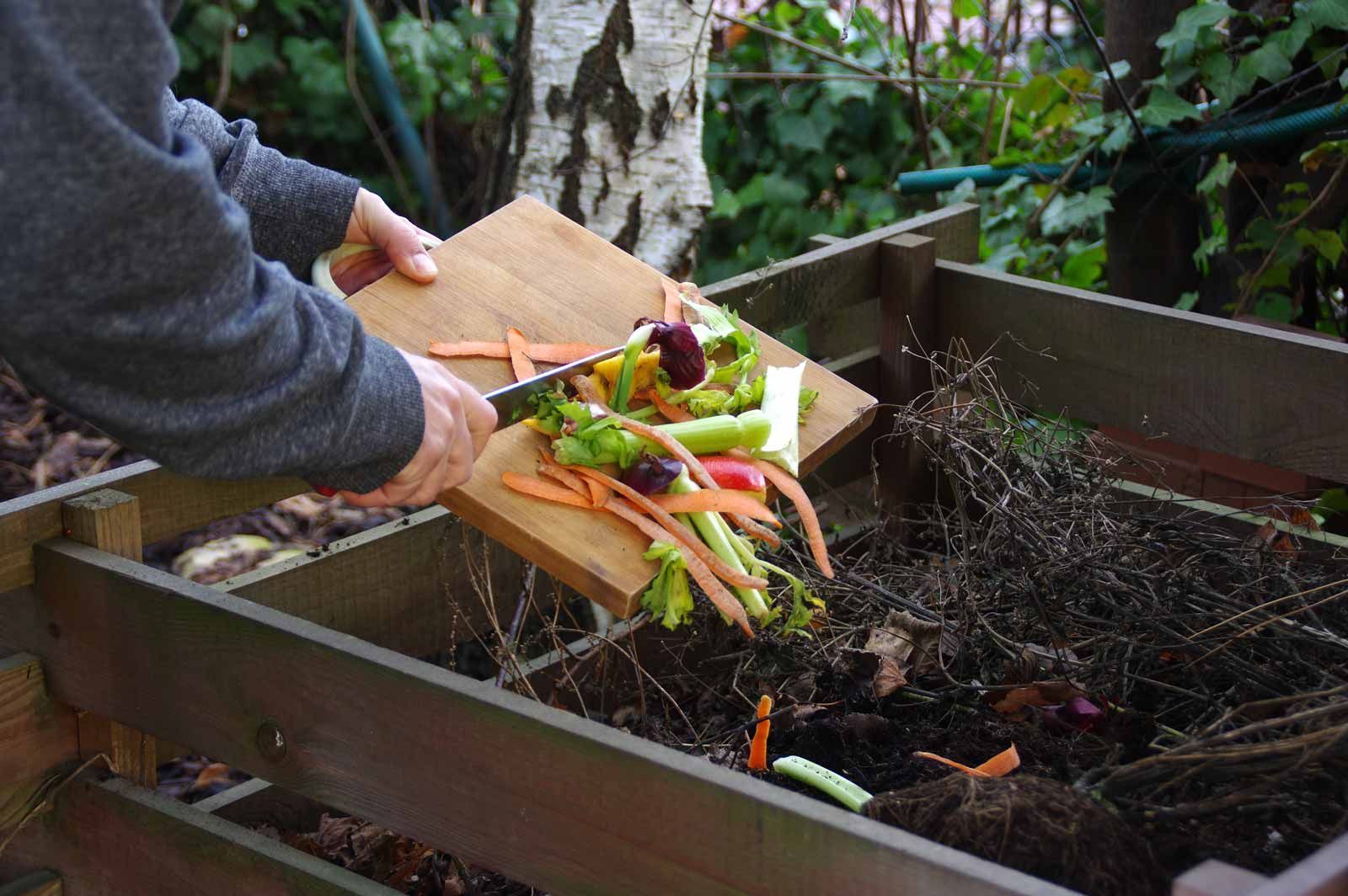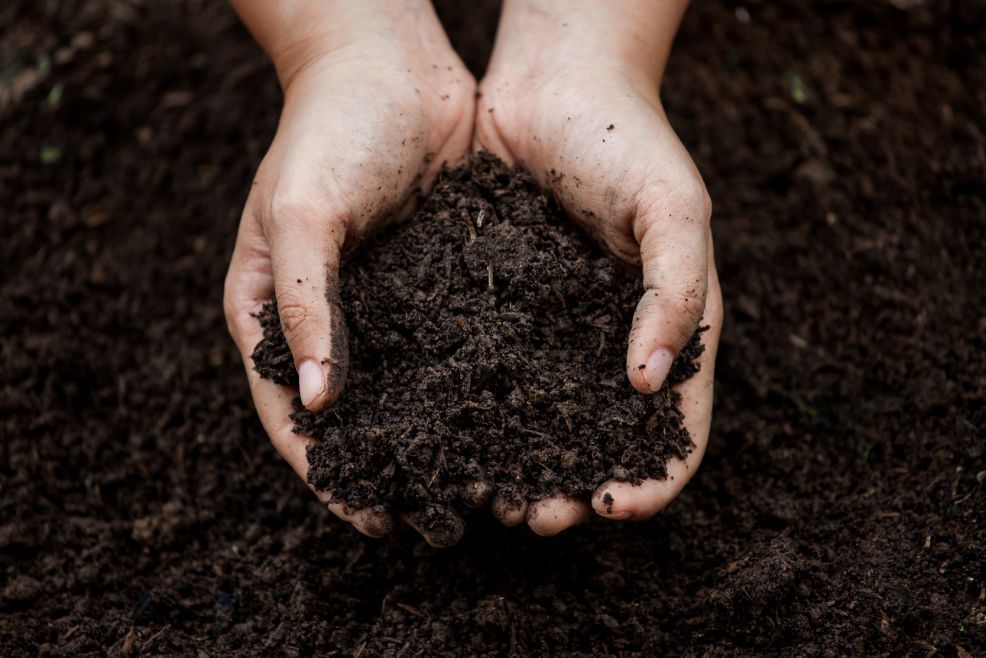Our guide to the best compost for vegetables
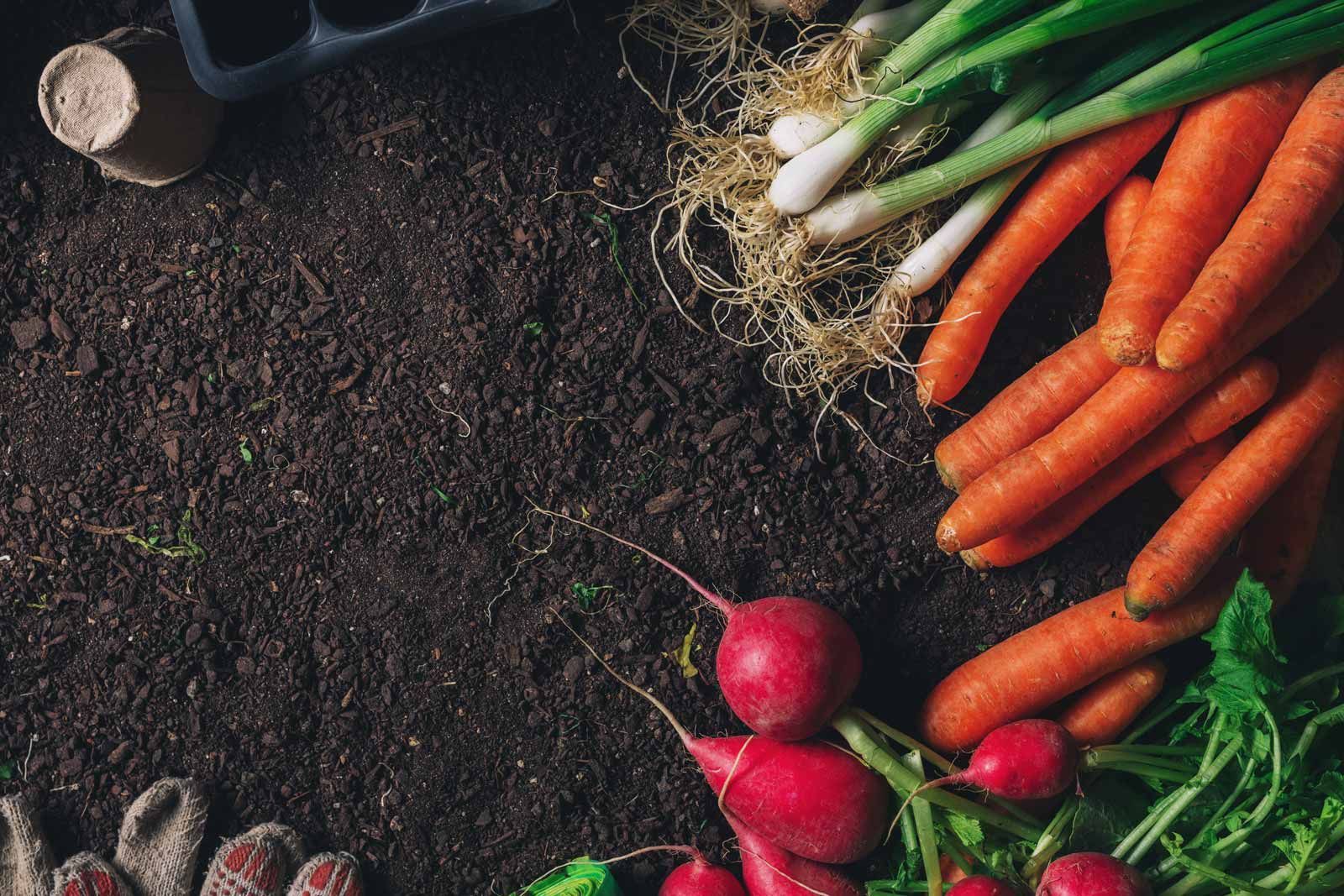
If your clients are the big supermarket chains of Australia or even a small fresh produce grocer, we know that you have a strict yield amount to adhere to. To best meet these demands, choosing the right compost for your vegetable farm is essential. An effective compost solution should improve soil structure and moisture retention, and supply essential nutrients, crucial requirements for cultivating thriving crops and maximising production. As leading Southeast Queensland compost providers, we’ve put together a handy guide outlining the various types of compost available and their specific benefits for different vegetables and soil conditions to ensure your agricultural options can meet the high standards expected by your clients.
